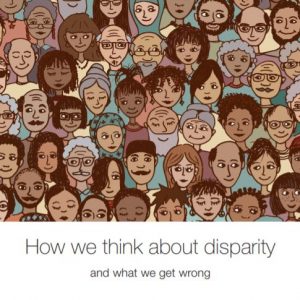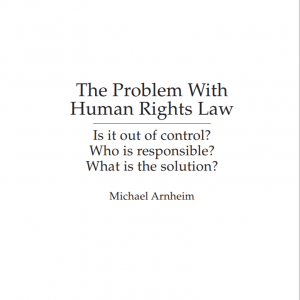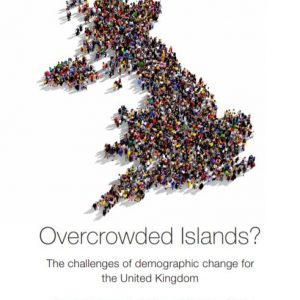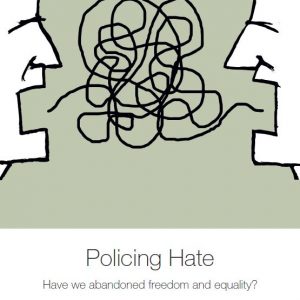The many tiers of British justice
When identity politics and progressivist causes trump impartial policing
Hardeep Singh, June 2025
In the wake of the civil disturbances following the Southport tragedy, any mention of the phrase ‘two-tier policing’ has been dismissed. This report questions why progressive political leaders refer to it as the language of far-right thugs, the media cast it as ‘myth’, and a high-profile Select Committee refers to it as an ‘unsubstantiated’ and ‘disgraceful’ concept in relation to the police.
The government has since been forced to introduce emergency legislation precisely to ensure that two-tier justice doesn’t become embedded in court sentencing guidelines – while separately, the Prime Minister felt obligated to announce a national inquiry into grooming gangs, based, in part, on the question of whether public authorities took appropriate actions to protect young white girls as a consequence of concerns over
racial or ethnic sensitivities.
Prior to and especially since the disorder following the Southport tragedy, there has been a growing public debate as to whether British policing demonstrates impartiality when dealing with crime and protests and public disorder amongst different communities or groups.
This report by Hardeep Singh examines whether a ‘tiered’ approach goes to the heart of policing and the wider criminal justice system. After all, impartiality had always been written into the historic founding principles of policing: ‘To seek and preserve public favour, not by pandering to public opinion; but by constantly demonstrating absolutely impartial service to law’.
But are some groups, like progressivists, climate change activists, or ethnic minorities, given a wider berth than others? Are police operational decisions (or prosecution decisions) influenced by the community being policed? Does political pressure influence the police to be more lenient with left-wing protestors, compared to right-wing groups? Is there the potential for political interference, which might result in a prioritised policing response?
The apparent differential treatment, along ethnic and religious lines, for incidents in Birmingham, Bristol, Harehills (Leeds), the Notting Hill Carnivals, plus the various Israel-Palestinian protests, combined with the tiered policing approach towards faith groups in the reporting of non-crime hate incidents, all underline this continuing trend.
Drawing upon numerous case studies, this report aims to delve into some of these important but admittedly contentious issues. It is an attempt to shed some light on whether the widely held perception of two-tier, or multi-tier, policing is warranted.
£9.00





